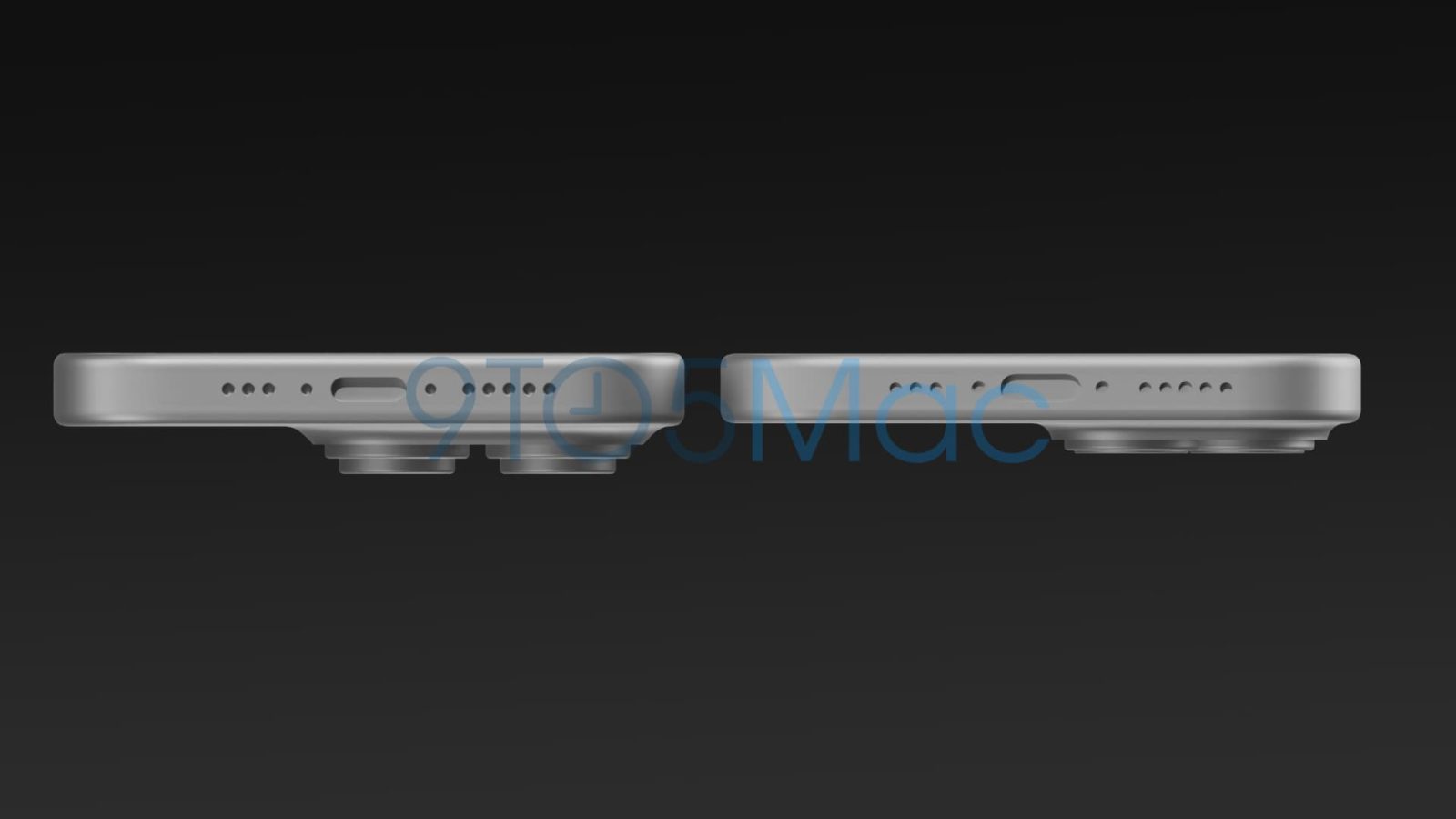
Those of us who’ve been waiting impatiently for a USB-C iPhone, so we can finally use a single set of cables for all our Apple devices, will be getting our wish in this year’s iPhone 15 lineup. But a leaker with a decent track record warns that there may be a catch.
ShrimpApplePro, who got hardware details right for the iPhone 14, says that we’ll need to use a new lineup of MFi USB-C cables to get full functionality …
Apple’s switch to USB-C
Apple began its switch to USB-C with Macs, the 12-inch MacBook being the first model to get the then-new port back in 2015. The company went all-in on USB-C ports in the MacBook Pro a year later, before backtracking a bit in 2021 by restoring MagSafe, HDMI, and SD card slots.
The iPad made the switch from Lightning to USB-C in 2018, with the 11-inch and 12.9-inch iPad Pro models.
But the iPhone continued to use a Lightning port all the way up to the current iPhone 14. That’s set to change with the iPhone 15, when Apple will finally replace Lightning with USB-C for wired charging and data transfer.
USB-C iPhone catch
However, ShrimpApplePro – who established credibility with Dynamic Island and iPhone 14 RAM leaks – says there will be a catch.
Yeah usb-c with MFI is happening. Foxconn already in mass production accessories like EarPods and cables […] Cables w no MFI will be software limited in data and charging speed.
We’re already expecting the base model iPhone 15, and iPhone 15 Plus, to have their data transfer speeds capped to USB 2.0 – while the Pro models will get dramatically faster transfers.
Kuo says that the iPhone 15 and iPhone 15 Plus will retain the same USB 2.0 transfer speeds as Lightning. This means data transfer speeds will be capped at 480 Mbps. This continues Apple’s strategy of further bifurcating the iPhone lineup between Pro and non-Pro models.
As such, Kuo reports that the iPhone 15 Pro and iPhone 15 Pro Max (or Ultra?) will feature “at least USB-C 3.2 or Thunderbolt 3” data transfer speeds. USB-C 3.2 could improve data transfer speeds to as high as 20 Gbps, while Thunderbolt 3 would boost that even further to 40 Gbps.
But if this latest report is true, then the Pro models will only get those speeds if you use either official Apple cables, or third-party ones with MFi certification. Wired charging speeds will also be limited without approved cables.
This could potentially mean that we can’t use all our existing USB-C cables if we want to get full capabilities from the two Pro models.
9to5Mac’s Take
Top comment by Oblyvion
This would be horrible. Limiting data transfer speeds is one thing, since only a small portion of iPhone owners use that (though I’d still call this egregious). But charging? There are a huge number of people out there who already use USB-C to charge their other Apple devices quickly. Not being able to use the same Apple cable that charges the latest iPad at top speed to also charge my phone at top speed would be.. horrendous. And this would be purely a cash grab.
The only feature on a new iPhone that should require a theoretical MFi USB-C cable are features that aren’t supported in the existing USB standards. It’d be one thing if Apple made up a certification program to make it easy for people to identify cables that are optimal for their iPhone. But in no way should it actually feature any proprietary tech, and cables that don’t have this certification but still meet the (USB standardized) tech specs should still work just as well.
USB-C has always been a hot mess, both for data transfer and charging. It’s a standard physical format, but the capabilities available through USB-C ports and cables are anything but standard.
When it comes to data transfer, the same physical ports and cables can give you anything from zero (in cables wired for charging but not data) through 480Mbps to 40Gbps. For power, you need to know whether your cable supports USB-C Power Delivery (USB-C PD) – and if so, which version?
Apple offering limiting faster data transfer speeds to the Pro models, as Kuo suggests, seems likely. But requiring MFi-chipped USB-C cables to get full speeds on those models would feel to me like a step too far. There are many Apple customers who have decent-quality third-party USB-C cables we’re happily using with our Macs and iPads, so for Apple to turn around and require us to replace them to activate the capabilities of a shiny new iPhone 15 Pro would be a slap in the face.
We very much hope this report is wrong, but it does feel worryingly Apple-like these days …
FTC: We use income earning auto affiliate links. More.


Comments